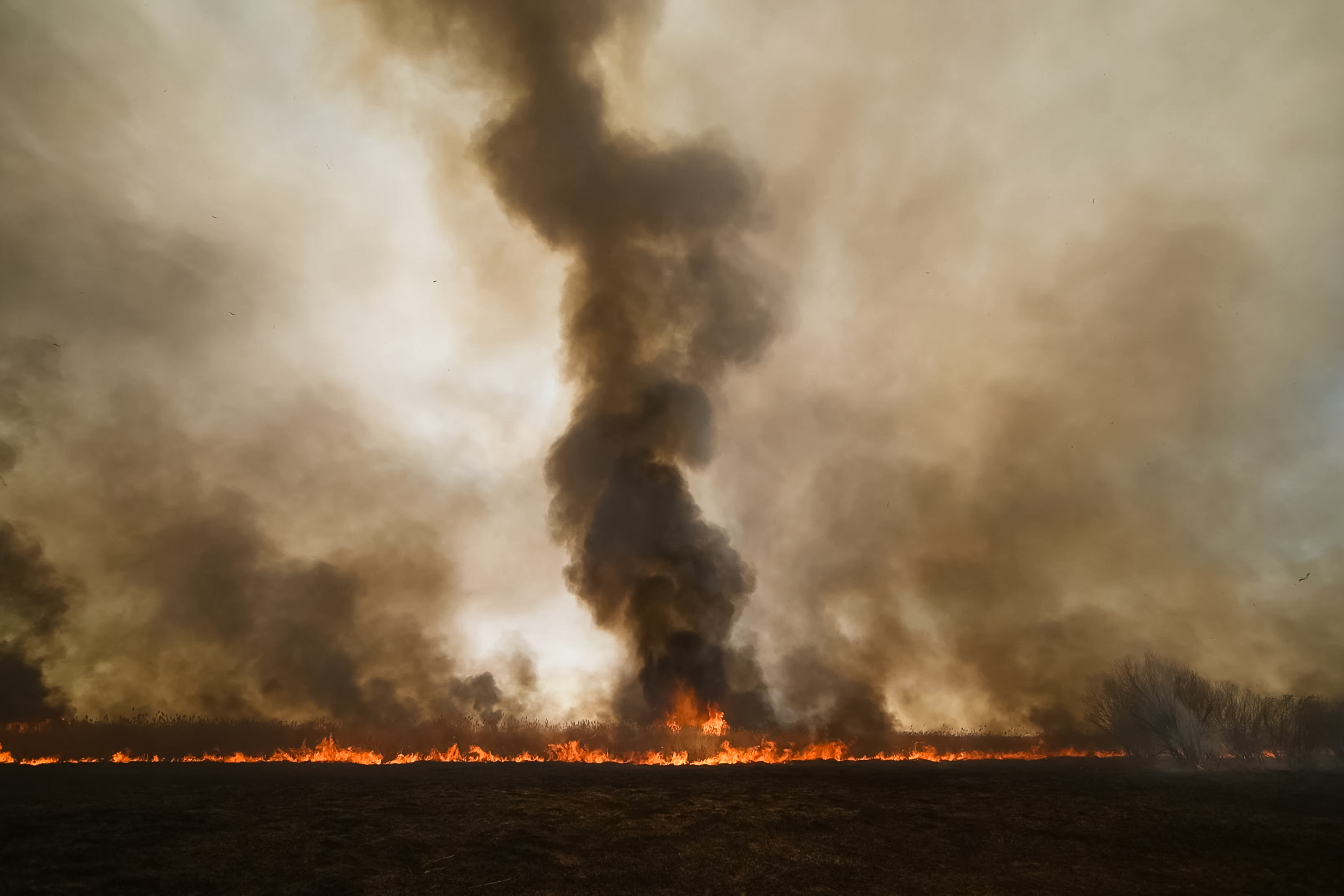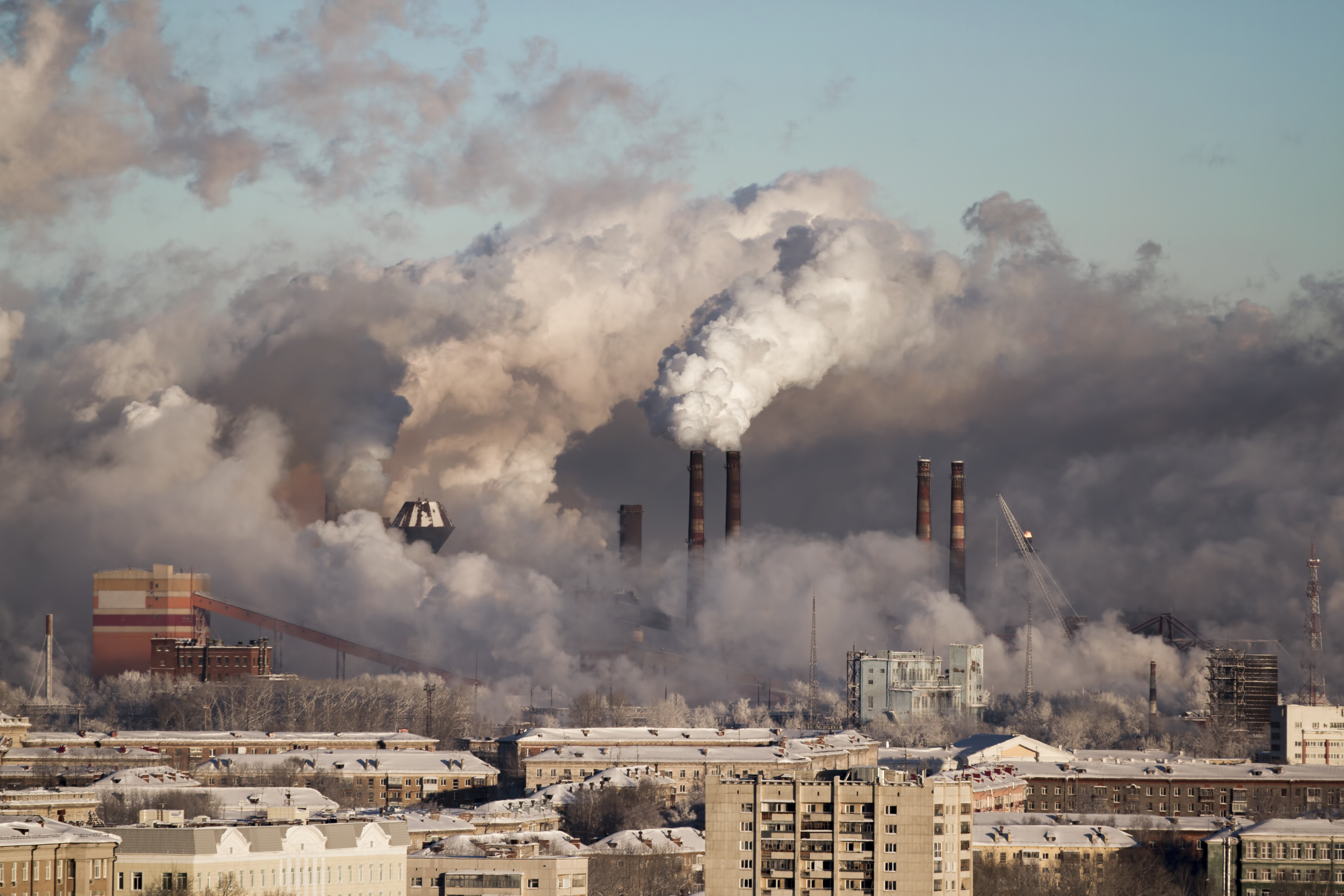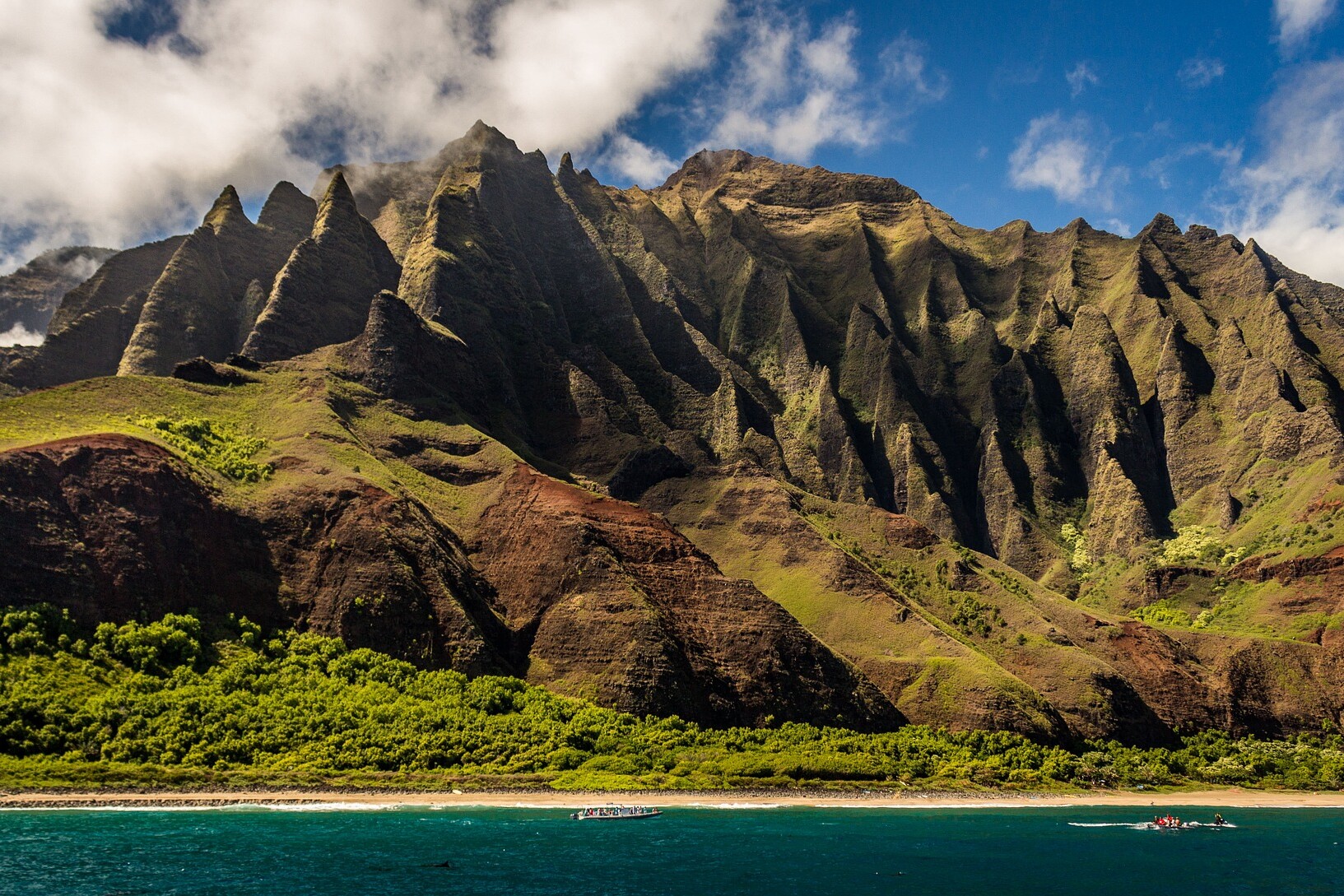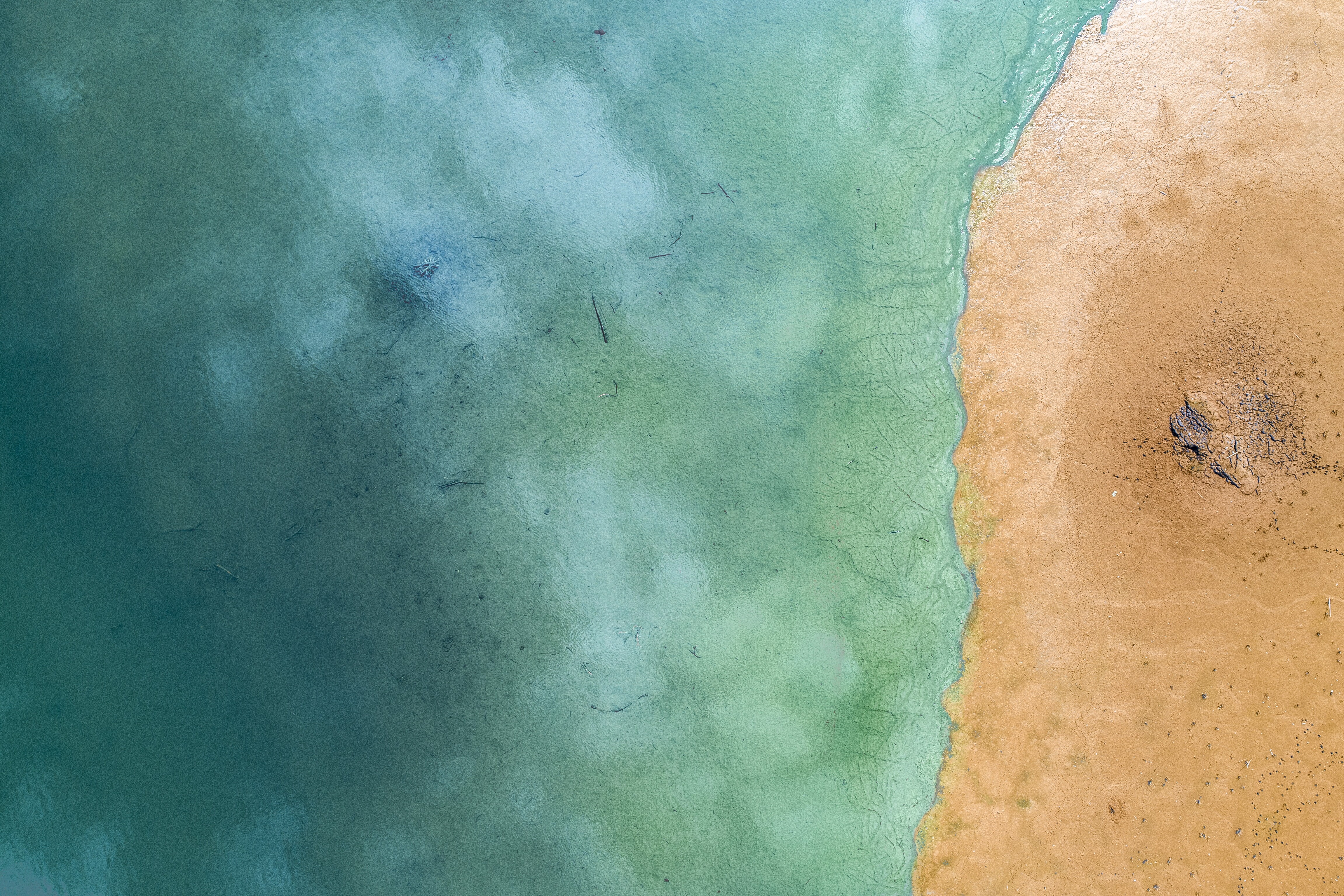Public media organisations have comprehensive and ambitious plans to cover the COP26 climate change conference in Glasgow across all platforms. This is a pivotal moment for PSMs to use their values and principles to ensure they are making complex messages accessible and relevant for audiences at home and across the globe. It is also their duty to hold world leaders to account for their climate change commitments made during and beyond the next two weeks.
By Chloe Howcroft
After being postponed for a year, the 26th UN Climate Change Conference (COP26) finally begins today (1 November) in Glasgow, Scotland. The annual conference aims to bring together the world’s leaders, climate change scientists, researchers, and policymakers from 190 countries. Over two weeks, the attendees will discuss solutions for combatting global warming and the wider range of issues impacting countries worldwide. The COP26 President and many others are referring to it as our ‘last best chance’ to halt irreversible changes to our planet.
Like any other significant international event, public media have a special role in covering and reporting on COP26. For many, COP26 coverage presents a prime opportunity to engage more with younger audiences and to re-evaluate editorial priorities – it is important that public media raise awareness of other significant societal issues that may have been overshadowed by the COVID-19 pandemic in the last 20 months.
Read more: PSM and climate change: Covering the crisis
🌍Here is what’s on offer for our international audiences:https://t.co/eXdwbMQiwq
— BBC News Press Team (@BBCNewsPR) September 30, 2021
Many have published their plans on how they will cover the conference. They include a wide range of special and innovative programming and events that will be made available across multiple genres and platforms for a wide range of audiences leading up to, during, and beyond the next two weeks.
As Thomas Hagedorn, Press Officer for ZDF in Germany told PMA, “ZDF environmental editors regularly provide new facts on the status of climate change and the progress of climate protection policy”. This has since ramped up for COP26, with new programmes and documentaries focusing on a range of topics, from meat consumption to youth action in their fight against climate change.
Like many PSMs, Ireland’s public broadcaster’, RTÉ is offering a range of digital news content available on the RTÉ app and website. That includes articles featuring or authored by Ireland’s academics and researchers; and youth-led podcasts as part of its ‘RTÉ Brainstorm’ series. Earlier this month, RTÉ One Television also announced a call-out for ‘climate change programme ideas for 2022 to Ireland’s creative independent production industry.’
Other highlights include live coverage from BBC Scotland – whose headquarters are based less than one mile away from the COP26 venue – including the ‘Scotland Climate Change Special’, which will highlight the local perspective on how ‘Scotland’s people, innovators and experts are making an impact in tackling the world’s climate emergency.’
More widely, ‘for the first time’, the BBC’s 45 local and nations radio services are joining forces with the BBC World Service and BBC Media Action for a global Climate Voices Festival. This is accompanying myriad other programmes and competitions unveiled under the BBC’s ‘Our Planet Now’ banner.
Public media in more affected areas: Global issues, local voices
As leaders from 190 countries are due to attend COP26, this is a reminder that the role of public media is vitally important in reporting on nations and regions which are more significantly affected by climate change than others. Such coverage should provide a platform for voices that are experiencing the impacts of climate change first-hand.
“The subject of climate change or climate degradation is a matter that Pacific people live with every minute, every hour, every day, every month, every year,” said Don Mann, CEO of the Pacific Media Network (PMN), a public media entity based in Aotearoa (New Zealand). “So, a matter such as COP26 is not like the issue ‘Du jour’. It’s not something that people from the Pacific switch on for a month because this global conference is happening. It’s a matter that Pacific people live and breathe every day, and for an organisation like Pacific Media Network, climate change – climate degradation – from a Pacific worldview is something that we cover every day of the year.”
“A matter such as COP26 is not like the issue ‘Du jour’. It’s not something that people from the Pacific switch on for a month … climate degradation from a Pacific worldview is something that we cover every day of the year.” – Don Mann, CEO of the Pacific Media Network
PMN has a specific mandate to promote and uphold Pacific education, language, culture, and identity. Its primary audience is the Pacific audience of Aotearoa; its secondary audience is a global Pacific diaspora. It broadcasts in 10 Pacific languages and English across radio and streaming platforms.
When asked about PMN’s COP26 coverage, Mann said, “PMN plans to cover COP26 Conference on a number of levels. First, through a schedule of interviews before, during and after the conference of political leaders, Pacific political activists, and Pacific climate change warriors. Second, Pacific attendees to COP26 will also feature in interviews by Pacific Media Network. And third, we have relationships with other public media organisations such as Radio New Zealand (RNZ) and a network of correspondents who will be providing material and critical analysis for PMN to broadcast in English and then also for translation into other Pacific languages.”
Meanwhile, as Grenada moves towards becoming the first climate-smart city in the Caribbean, its national public broadcaster, GBN, also strives to ensure that the country’s most affected voices are at the heart of their stories. Odette Campbell, GBN’s Managing Director, told PMA that the broadcaster tends to go “into communities which are vulnerable to climate change such as those in low-lying areas and which are prone to flooding, land slippage and tell the stories as seen through the eyes of residents. Some have been able to articulate how their families and forebears lived comfortably in coastal areas for decades but that this is no longer the case.”
Like PMN, GBN’s coverage of the COP26 conference is also being coordinated in association with other media organisations and state agencies.
Cutting through the noise
As climate change is one of the biggest threats to our society, there is an even greater urgency for public media to use their principles and values of quality journalism to ensure that the complex or scientific messages that arise from COP26 are accessible and relevant for the publics they serve. This is especially important at a time when audiences are increasingly demanding more information about – and constructive solutions for – climate change, but also as climate change mis- and disinformation continues to spread.
Brodie Fenlon, CBC News Editor, said Canada’s national public broadcaster aims to “make the overwhelming more manageable and more understandable.” He said, “We have an obligation… to explain the complexity of the climate challenge, including how deeply dependent the world’s economy and supply chains are on fossil fuels”. This also includes making stories relevant to the Canadian audience by filing similar reports about Canada’s dependence on oil and natural gas and what a “green transition” would mean for Canadians. “We’re going to try to give our audience the whole picture.”
“We know our audience wants to understand the facts and science behind climate change. We need to be a resource for that curiosity. The key is to keep our audience at the centre of our thinking through our story choices and story framing. We must be careful not to get too far out ahead of our audience. There are many basic questions people want / need answered.”
One way in which CBC aims to answer these questions is by producing explainers. “We are going to use our “Ask CBC News” email service to connect directly with the public and tap into their questions on climate, which we will then answer in stories and programmes. It’s a proven public service and we’re quite proud of it.” According to Fenlon, “Ask CBC News” received nearly 100,000 emails with COVID-19 related questions since the pandemic began.
In August, we argued: “Public media must use their reach, scale and values to lead in covering the defining issue of our time.”
It’s great to see @CBC scale up their reporting on #ClimateChange to provide accurate and trustworthy information.
🇨🇦📻📺https://t.co/yRLXSblt8h https://t.co/Oh4GM8GfAl
— PublicMediaAlliance (@PublicMediaPMA) October 18, 2021
“We know our audience wants to understand the facts and science behind climate change. We need to be a resource for that curiosity.” – Brodie Fenlon, CBC News Editor
Don Mann explained that the Pacific Media Network “has an ability to communicate complex matters through our long-held expertise in broadcasting in Pacific languages. Not only is it about translating – or simple translation of matters – it’s our expertise in presenting things through a Pacific lens and a Pacific worldview.
“For instance, take the term ‘climate change’. For many indigenous people and Pacific people, climate change is merely part of the natural world and the natural order and living as part of their environment and their everyday lives for a thousand odd years. The more accurate term you could argue to describe the subject matter of COP26 is ‘climate degradation’ brought about by humans.”
“Complex matters”. Don Mann, PMN CEO, discusses how PMN communicates complex climate change messages to its Pacific audience
Meanwhile, under the Grenadian lens, Odette Campbell explained that GBN reaches audiences using public service announcements and jingles. “In Grenada, calypso and soca are popular artforms, hence soca artistes are often used as the talking heads/performers for these jingles. In this way, people sing along, and the messages get embedded into their psyche.”
Beyond COP26: Holding leaders to account
With accountability being one of the key principles of public media, it is vital that PSMs hold world leaders to account in delivering on climate change commitments and pledges made during and beyond the next two weeks.
For CBC, “this is a responsibility that we take extremely seriously. Critical analysis is also important in our ongoing climate change coverage. And our political reporters are among the best at holding politicians at all levels of government accountable for the promises they make” Brodie Fenlon said.
Read more: Confronting carbon: How does Canada meet its climate targets? (CBC)
Political leaders from the Pacific are also regular guests on PMN’s 10 Pacific language shows, Don Mann said. “Our practice of interviewing our Pacific political leaders, both in New Zealand and the Pacific will continue on Pacific Media Network in both English and the language of first choice for the respective Pacific countries.”
Similarly, Odette Campbell told PMA that GBN plans “to continue engaging policy makers, climate change activists and others, giving them a platform to speak directly to our audiences.” At the same time, her team has noticed how interactive mediums, such as call-in segments and public feedback on social media have been “very effective in ensuring that politicians do not just make empty promises but that their feet are held to the fire to deliver on grandiose promises”. These measures will be part of GBN’s ongoing climate change coverage.
“We have found these interactive medium to be very effective in ensuring that politicians do not just make empty promises but that their feet are held to the fire to deliver on grandiose promises.” – Odette Campbell, Managing Director, Grenada Broadcasting Network
The 2021 United Nations Climate Change Conference will take place in Glasgow, Scotland, between 1 – 12 November. The Public Media Alliance will be highlighting public media’s most innovative coverage of the conference and their best practices in terms of climate change journalism and holding world leaders to account for their climate change actions.
Header image: Aerial view of Glasgow science centre, SECC and Hydro Area on the river Clyde waterfront at sunrise. Credit: richardjohnson / Shutterstock.com
Related Posts
8th November 2018
Best of PSM | Climate Change – Politics and Actions
Climate change has been a thorny issue…
25th April 2018
Envisioning the future of climate change journalism
PMA recently took part in a “collective…




